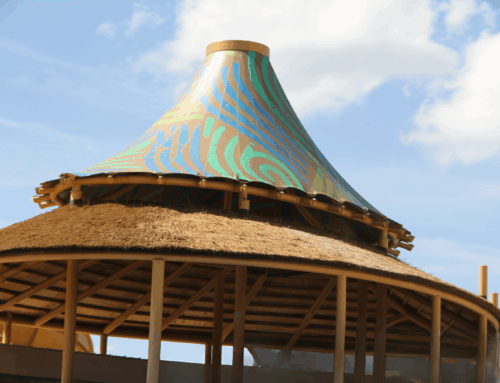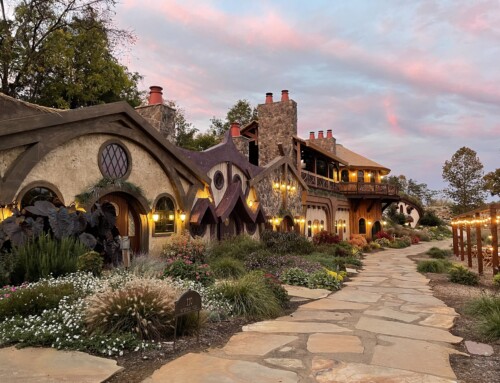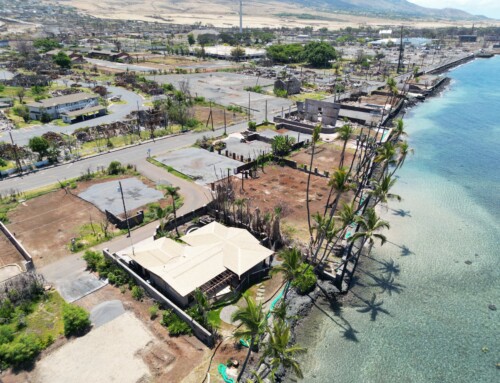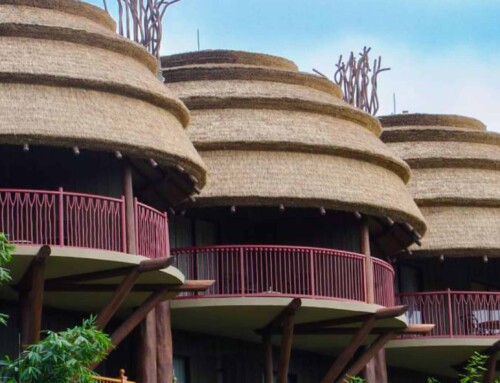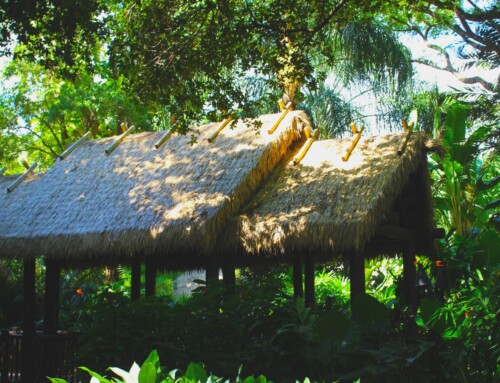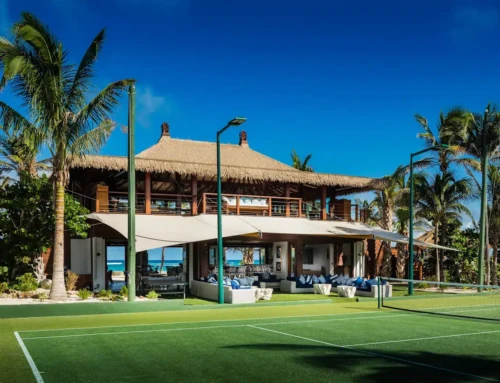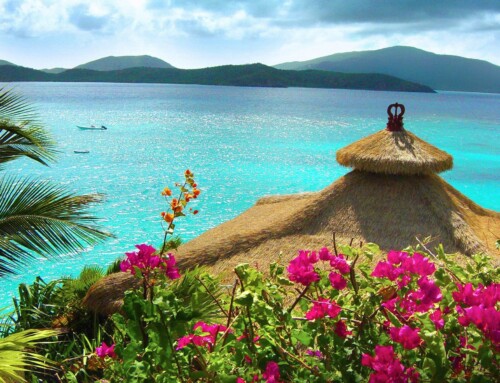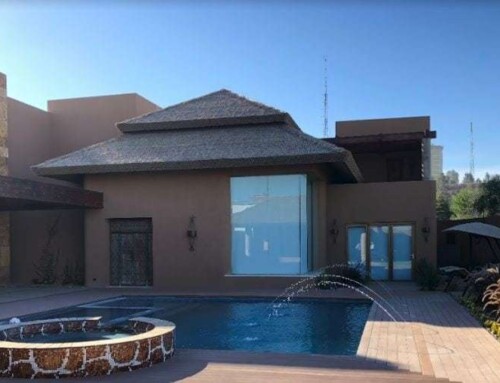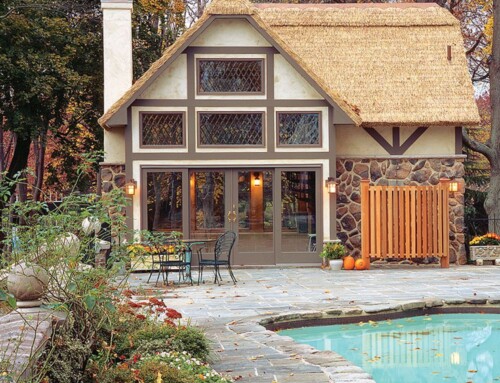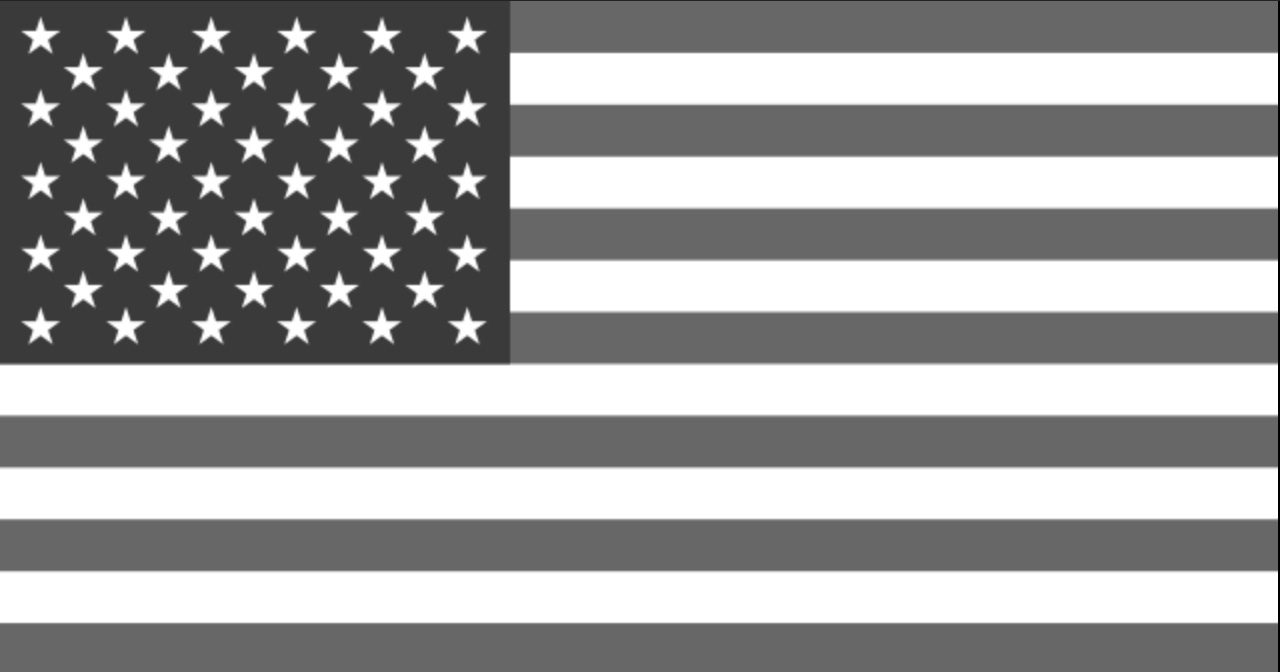Along the Beach: Choosing the Best Roofing Material for Coastal Buildings
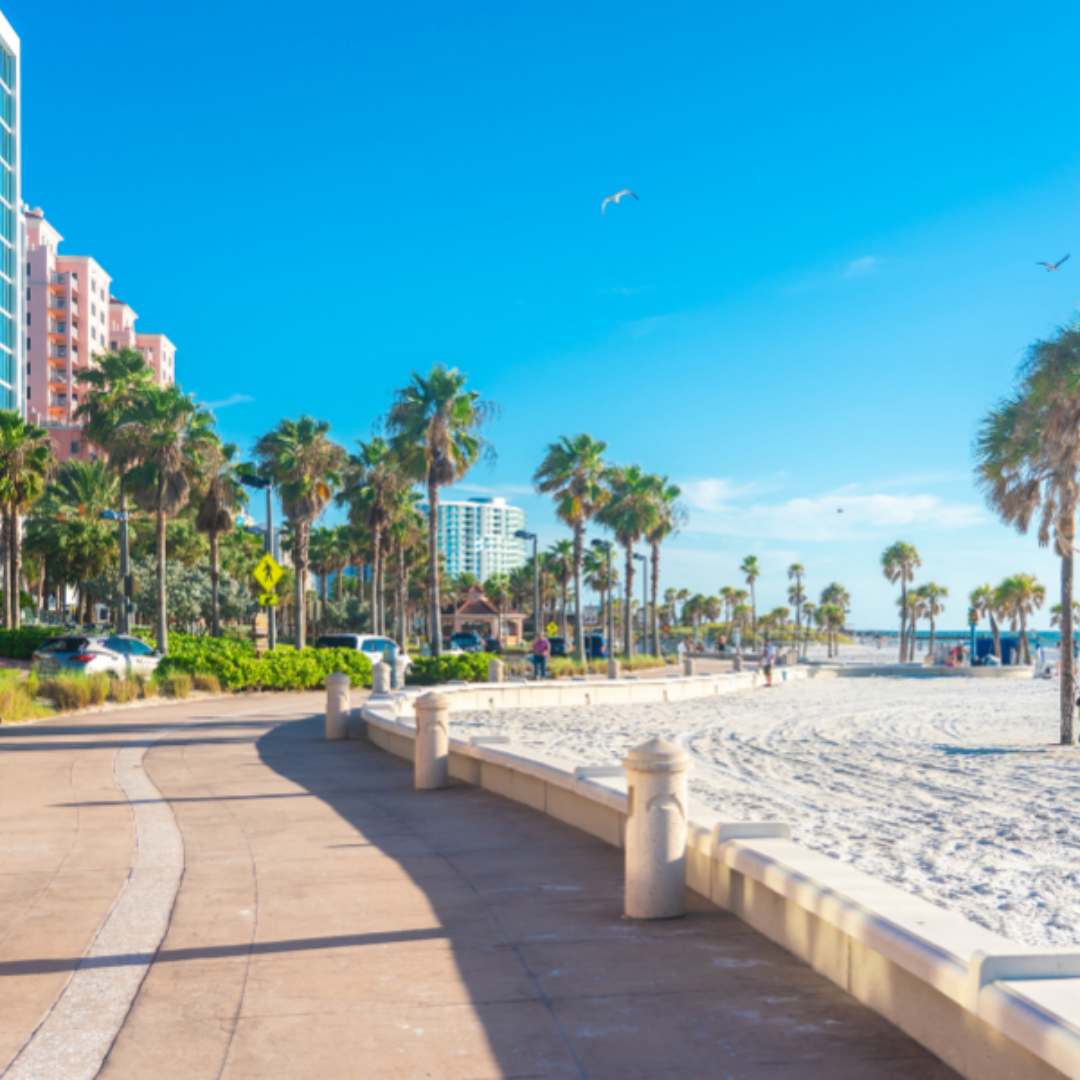
Living on the beach has a host a benefits—salt air, daily sunshine, days of fun on the water, fresh seafood, and so much more. But with these benefits, there can be a dark side, especially for your roof. The coast is prone to intense storms and winds, which can put your roof at risk of damage.
In order to remain protected all year long, you should think carefully about what roofing material you choose. Today, we’ll go over the best roofing materials for coastal buildings for both durability and aesthetic appeal, so you can enjoy your beach house or property without worry!
1. Metal Roofing
Metal roofing is a favored choice for tropical buildings and homes due to its robustness and long lifespan. Composed of materials such as aluminum, steel, and copper, these roofs are highly durable and can withstand heavy rains, high winds, and even salty air, making them ideal for beach locations. One key advantage is their reflective properties, which help to keep the building cooler, an essential feature in hot climates.

While this is a great option for durable roofing for coastal homes and businesses, it does have some downsides. Heavy rainfall can make these roofs more prone to rust without proper upkeep, and there are some issues with noise suppression. You may want to consider these disadvantages before fully investing in metal roofing.
2. Solar Roof Tiles
Solar roof tiles provide a modern and eco-friendly solution for tropical buildings seeking to minimize their environmental impact, especially along the sunny coast. These tiles integrate seamlessly with traditional roofing materials while generating electricity from sunlight, which can save as much as $200 per month on your energy bill. They are designed to withstand harsh weather conditions and provide good durability.
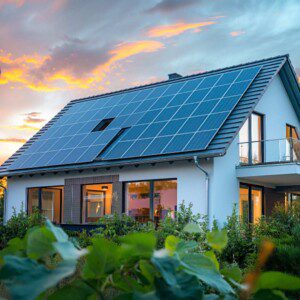
However, the high initial cost of installation and the need for regular maintenance are some well-known drawbacks. Additionally, while functional and environmentally friendly, solar roof tiles may not deliver the tropical aesthetic that certain themes and atmospheres require, especially if you own a resort or restaurant.
3. Natural Thatch Roofing
Natural thatch roofing has long been the go-to choice for tropical resorts and restaurants due to its natural yet exotic appearance. Made from dried plant materials like palm leaves or reeds, it instantly evokes a sense of paradise. However, natural thatch is notably vulnerable to pests, mold, and rot, making it a high-maintenance option that often needs frequent replacement. Its susceptibility to fire is also a significant safety concern.
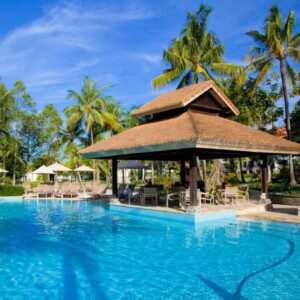
While natural thatch creates an appealing aesthetic, the extensive maintenance and safety risks make it less practical for modern buildings. It may not even be an option for many homeowners, depending on your city’s rules and regulations.
4. Asphalt Shingles
Asphalt shingles are one of the most commonly used roofing materials due to their affordability and availability. They offer decent weather resistance and come in a variety of colors to suit different design preferences. They’re also very easy to repair, as you can just patch areas of damage.
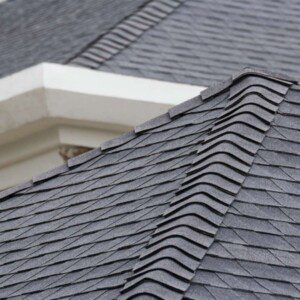
However, they have a very standard appearance that may not convey the tropical paradise aesthetic you may be looking for. While they might be a budget-friendly option initially, the long-term maintenance costs can add up. For those seeking a more durable and visually appealing solution, exploring alternative roofing materials is recommended.
5. Concrete Tiles
Concrete tiles are another durable option, known for their strength, aesthetic appeal, and long lifespan. They can withstand extreme weather conditions, including heavy rain and high winds common in tropical climates. Additionally, concrete tiles can be molded into various shapes and painted in different colors, offering some versatility in design.
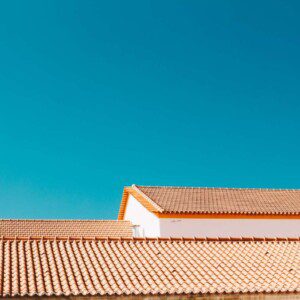
However, their significant weight often requires reinforced structural support, leading to higher installation costs. Despite their durability, they may not contribute to the ambiance that enhances a tropical experience for your customers or in your home. For an option that combines resilience with exotic charm, considering other roofing materials may be beneficial.
6. Premium Engineered Thatch by Endureed
Endureed’s Premium Engineered Thatch is the best roofing solution for a tropical paradise, combining modern engineering with classic aesthetics. Made from a proprietary blend of polyvinyl chloride (PVC), this material is the best thatch roofing for beach houses and businesses. It is hurricane-resistant and capable of withstanding extreme winds, ensuring your building remains protected even during severe weather. Furthermore, our Class-A fire-resistant materials offer top-level safety for everyone inside, giving you peace of mind. Endureed’s thatch is also pest-proof and rot-proof, eliminating the maintenance headaches tied to natural thatch.
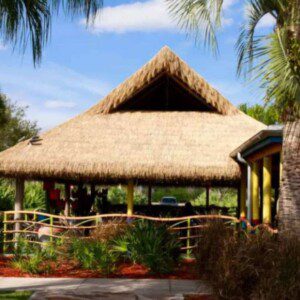
What sets our engineered thatch apart is its extensive variety of regional aesthetics, allowing homeowners and property managers to choose from looks that replicate different types of natural thatch from around the world. This makes it easier to create a unique and authentic ambiance that aligns with your vision of a tropical paradise. Plus, the lightweight nature of this material simplifies the installation process, reducing overall costs. So if you want the look of a natural, tropical paradise without the hassle, consider synthetic thatch for coastal homes and businesses!
Create the Perfect Tropical Aesthetic with Endureed
Choosing the right roofing material for your tropical building is crucial for ensuring durability, curbside appeal, and safety. While traditional options have their merits, Endureed’s Premium Engineered Thatch offers unparalleled benefits in terms of weather resistance, safety, and low maintenance, all while providing a beautiful, authentic look. Get in touch with us, and invest in engineered thatch for your coastal building today!


